Revealed: Libya’s new “love affair” with Turkey
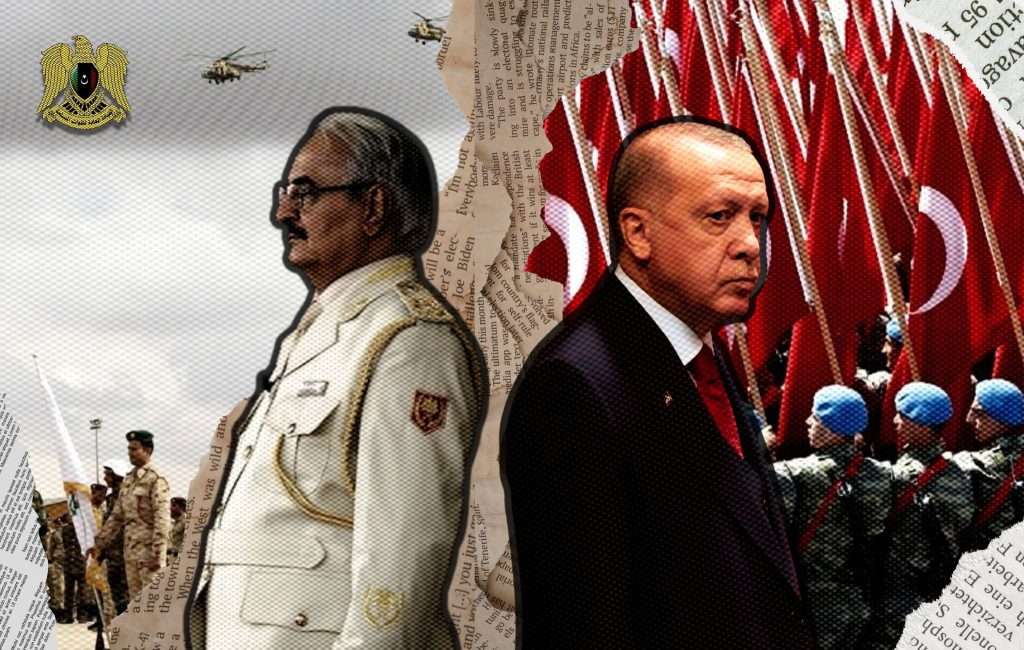
As Libya accelerates the opening of its markets to the outside world, one country is going further than all others to build intimate relations.
Truly a passionate tale fit for a Dickens novel, only half a decade earlier Turkey found itself on the opposite side of Libya’s civil war to its new bedfellow – eastern Libya.
It’s now beggars belief that Ankara has backed the Tripoli-government in western Libya since the days of president Fayez Mustafa al-Sarraj in the mid-2010s, but the new winds that blow show, in Libya, no fealties are permanent.
While Russia is already embedded in the Benghazi-based government, Turkey is seizing the moment to advance its geopolitical ambitions.
An expert has warned of the ruling Haftar family’s new “love affair” with the Erdogan administration.
Jalel Harchaoui, an analyst specialising in Libyan affairs, said: “There’s a real love story. I’m not saying it’s necessarily very deep or very genuine, but clearly Turkey has been working on this charm offensive…and things have been accelerating this year, over the last several months.”
“Turkey now supplies weapons to the Haftar family, offers training for its soldiers, and helps Turkish companies in rebuilding eastern Libya. More importantly, the Haftar family hopes to expand its sway in western Libya with Turkish support.”
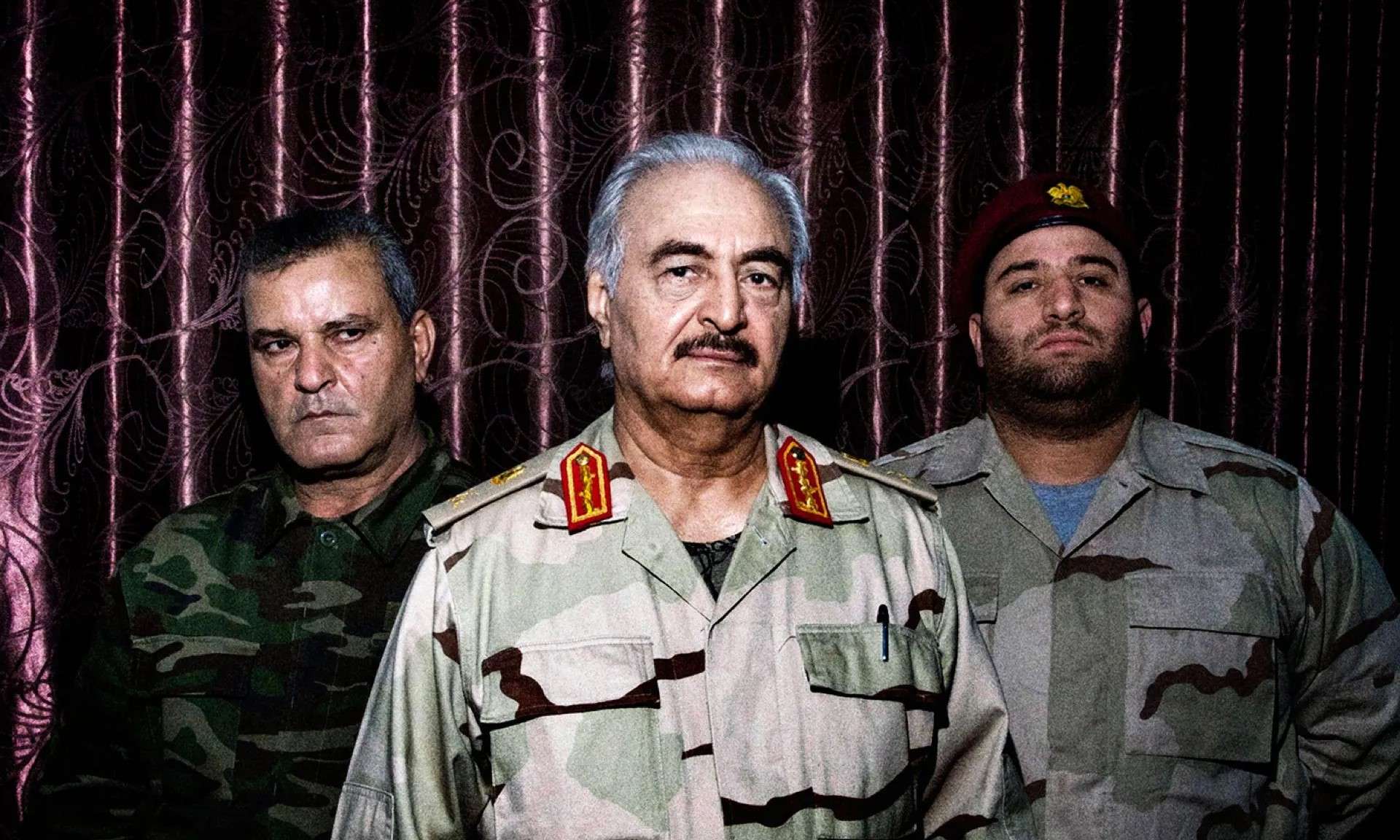
Indeed, various unconfirmed reports show cargo planes doing shuttle runs between Turkey and Benghazi, what some analysts claim are weapon shipments.
A Turkish media outlet reported as far back as April, that Saddam Haftar, son of eastern leader Khalifa Haftar, signed arms agreements during talks in the Turkish capital, Ankara.
Only on July 21st, the Haftar-run Libyan Development and Reconstruction Fund signed major contracts with a Turkish company to invest in infrastructure for eight airports.
Another factor is Turkey’s thawing of relations with the UAE, which has long-supported Haftar and his clan.
Having signed more than 50 bilateral agreements since 2021, Ankara and the Abu Dhabi aim to boost non-oil bilateral trade to $40 billion by 2028.
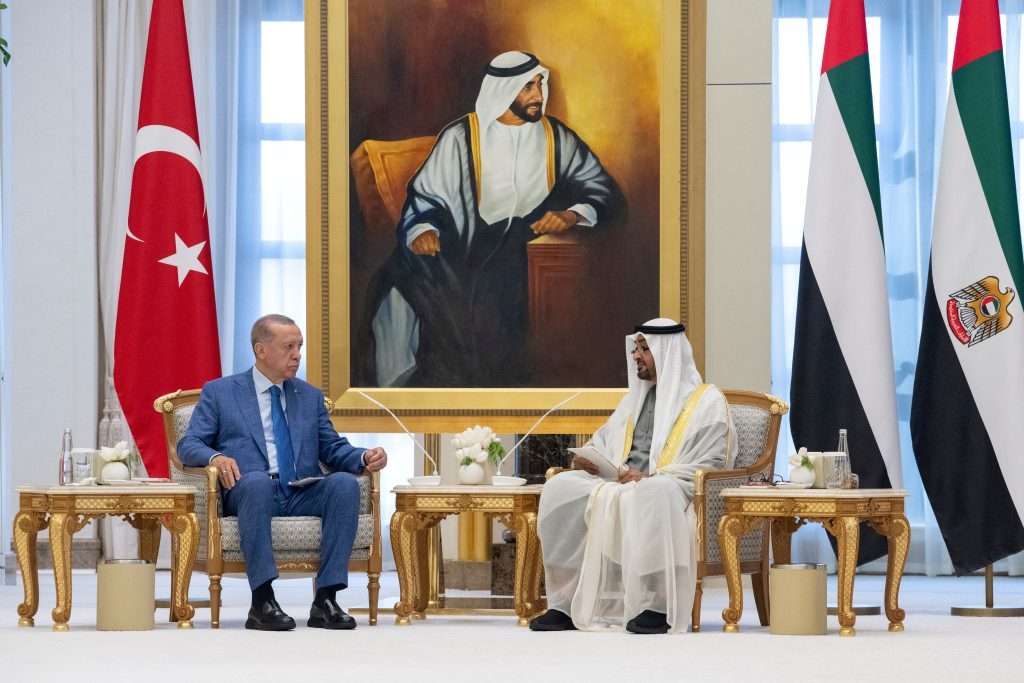
In wooing Libya’s east, Turkey’s eyes are dead set on a major geopolitical prize. Maritime rights in the Eastern Mediterranean are at stake, at the expense of Ankara’s historical arch-nemesis Greece.
While western Libyan government of Tripoli prompted international outrage in 2019 when it controversially recognised the expansion of Turkey’s maritime borders around Cyprus, Benghazi had remained reticent.
However, in light of the startling U-turn, it was reported that Haftar himself formally endorsed the same maritime memorandum in June 2025.
Greece, backed by the European Council, claimed that the agreement was not legally binding and was incompatible with international law.
Harchaoui said: “What is really expected from Turkey, the culmination, if things continue going very well…would be the ratification by the Libyan parliament, which happens to be aligned with Haftar and located in eastern Libya.”
“Ankara said, ‘OK, well, I have this piece of paper with Tripoli. Now I need the physical implementation that can happen only through eastern Libya because of security and physical access reasons.”
“In comparison to what Turkey has been offering to the Haftar family, Greece really pales. It hasn’t offered anything really that matches a tenth of all those beautiful gifts and gimmicks that Turkey has been offering.”
“So obviously the focus on the part of Erdogan has been to seduce the Haftar family, which controls the eastern part of the country. And that has been going very well. I don’t think Greece has kept this in its radar, because otherwise it would have taken action.”
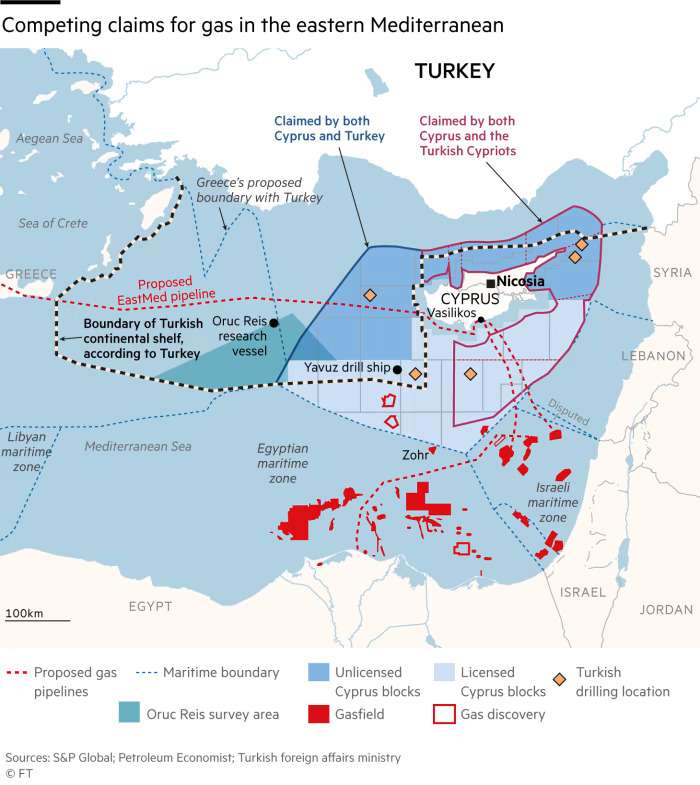
A rattled Greece has responded by inviting the Tripoli government to its own talks on maritime borders, but it may be too little too late.
Greece and Italy have seen surging migration from Libya this year, as the presence of other geopolitical players in North Africa, such as Russia, makes itself felt.
As unfortunate landing pads for mass migration, Rome and Athens are being pressured by their North African counterparts to sign various deals to stem the flow.
Moscow has been accused of weaponizing migration before, but this narrative may actually function to preserve the image of European leaders.
Harchaoui said: “In all cases, all the evil things in Libya are to be laid at the door of the Kremlin, which is not true. It just doesn’t correspond to reality.”
“Migration is not extraordinarily important for Libyan factions in terms of illicit profits. It’s the Europeans who have turned this phenomenon into an important one, because the Libyan actors noticed that the Europeans tend to go down on their knees every time there’s a little bit of a flow of irregular arrivals.”
“They are basically being compelled to sit down and strike deals with the very Libyan factions who are responsible for a lot of the migration flows. And those European decision-makers do not want to admit that.”
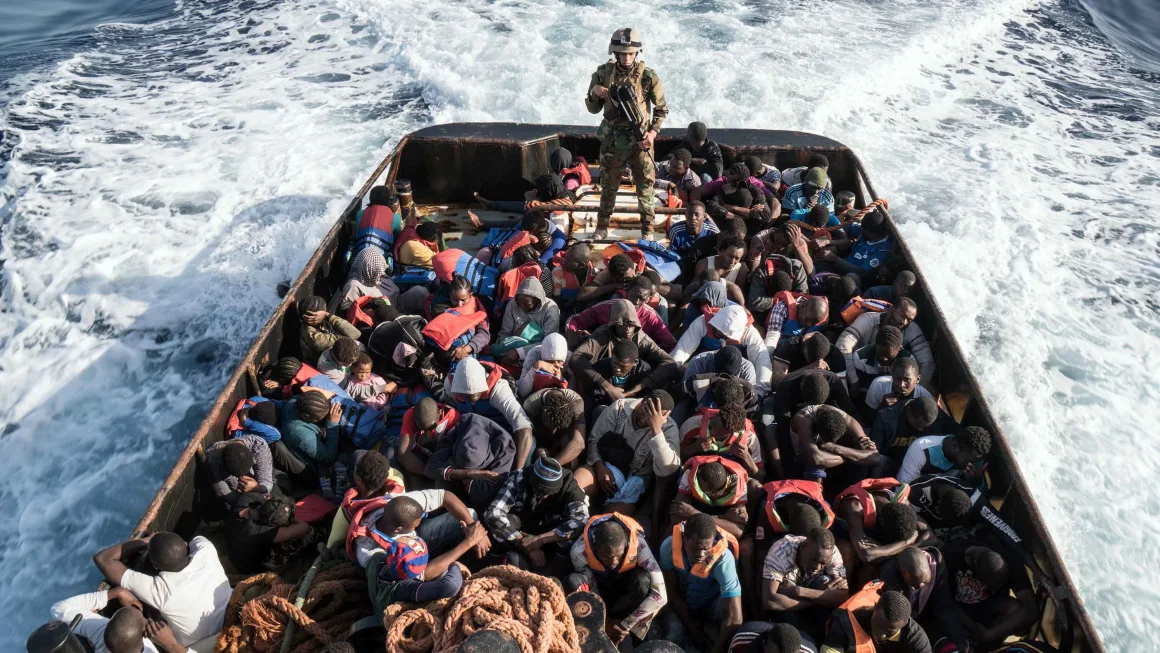
There is no doubt that the current situation in Libya represents a marked threat to European security.
Hafed Al-Ghwell, a senior fellow and executive director of the North Africa Initiative at Johns Hopkins University School of Advanced International Studies, told Maghrebi that Haftar has “absolutely no control over anything that has to do with the Russians”.
“The idea that somehow anybody ever had any control over the Russians in Libya is a fantasy. He [Haftar] says that in meetings,” said Al-Ghwell.
“He says that even to American officials, when they ask him that he should request the Russians go out. He is completely out of the loop when it comes to Russian thinking, Russian strategy.”

While Greece looks to Egyptian aid in its grapple with Turkey over the eastern Mediterranean, and Italy strikes controversial deals with Libya over migrants, the rest of the EU seems to rest on its laurels.
Threats of sanctions such as those made by Germany, France and Italy on 18 July have yet to materialise and warning’s over Russian presence in eastern Libya have provoked no action.
Harchaoui said: “Russia’s military entrenchment in eastern Libya, central Libya, southwestern Libya, in other words, Haftar-held territories is very serious.”
“I have to question the authenticity of those speeches coming from Paris. I don’t know that EU nations are truly alarmed by the military expansion of Russia in Libya. I’ve seen only rhetoric.”
“When you see Giorgia Meloni, the prime minister of Italy, and the president of France, Macron, a couple months ago, talking about the Russia threat in Libya, it was more an excuse to justify the commercial military partnership between Leonardo and Thales.”
“So okay, if you want to brandish the Libya story as just a rhetorical gimmick, it’s great, but that shouldn’t be called an anti-Russia policy that comes with tangible actions.”
The Greek Current, X.com, Libya Observer, Middle East Eye, The National, The Daily Sabah, Arab Weekly, The Greek Reporter, Politico, Human Rights Watch, Euro News
Want to chase the pulse of North Africa?
Subscribe to receive our FREE weekly PDF magazine













